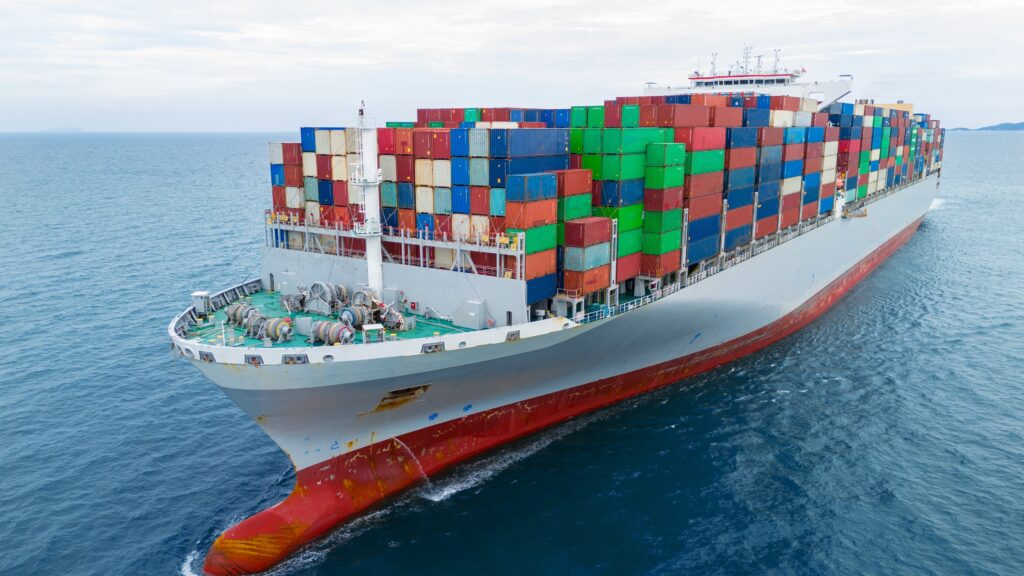Germany economic struggles: Germany’s economy is at a turning point. As voters head to the polls on Sunday, economic worries dominate their concerns. The next government must act fast to boost growth, but new U.S. trade policies may make that difficult.
Economic Challenges and Election Stakes
Germany, the world’s third-largest economy, has struggled to recover since the pandemic. It shrank in both 2023 and last year—its first back-to-back declines in two decades. The International Monetary Fund expects growth of only 0.3% this year.
If the new ruling coalition cannot improve the economy, the far-right Alternative for Germany (AfD) could gain influence. “They know who will win the next election if they fail,” said Carsten Brzeski, a senior economist at ING.
Germany once had a strong economy, thanks to cheap Russian gas and high demand from China. But global trade has changed, and former U.S. President Donald Trump’s potential return could bring more challenges. His plans to raise import tariffs threaten Germany’s key industries.
“A world where free trade is not the main principle is a big problem for Germany,” said Jacob Kirkegaard of the Peterson Institute for International Economics.
Germany’s Trade Woes – Germany economic struggles
Exports drive Germany’s economy. In 2023, exports made up over 43% of its GDP, the highest among major economies, according to the World Bank. The country’s main exports include cars, machinery, and chemicals.
Germany’s automakers have relied on strong foreign demand, especially from China. But China’s economy has slowed, and its car companies—such as BYD and Xpeng—are competing with German brands. The shift to electric vehicles (EVs) has also caused problems.
German automakers like BMW, Mercedes, and Audi focused on gas-powered cars for too long. “They were hesitant to invest in EVs,” Kirkegaard noted. Meanwhile, Tesla and Chinese EV makers have grown fast.
Energy Costs and Industrial Decline – Germany economic struggles
Germany’s energy-intensive industries face challenges, too. After Russia’s invasion of Ukraine in 2022, Germany replaced Russian gas with imports from other regions. This raised energy prices, forcing companies to cut production or shut down.
“We are in the middle of deindustrialization,” warned Lars Kroemer, chief economist at Gesamtmetall, a trade group for metal and electrical industries.
Strict borrowing rules, known as the “debt brake,” have prevented investments in infrastructure and technology. “We are not digitized yet. Our bureaucracy is more complex than in other countries,” said Achim Wambach, president of the Leibniz Centre for European Economic Research (ZEW).
Trump’s Tariffs and Global Impact
Trump has promised higher tariffs on imports. In January, he announced a 25% tax on steel and aluminum. Last week, he launched a review of “reciprocal tariffs,” which would match other countries’ duties on U.S. products. On Tuesday, he proposed a 25% tariff on imported cars, semiconductor chips, and pharmaceuticals, set to take effect in April.
If these tariffs increase costs for U.S. buyers, German exports could lose their appeal. The U.S. is Germany’s largest export market, accounting for 10% of all German exports.
“The auto industry will suffer,” Wambach said. “Every new hurdle is bad news for German automakers.”
An estimated 1.2 million jobs in Germany depend on trade with the U.S., according to Swiss research firm Prognos. Germany’s central bank studied a scenario where Trump imposes universal 10% tariffs and 60% tariffs on Chinese goods. The results showed that Germany’s economy would “suffer greatly,” said central bank president Joachim Nagel.
Trump has also imposed tariffs on Canada and Mexico. Some German automakers, like Volkswagen, export cars to the U.S. from Mexico, so these tariffs could hurt them as well.
“The global economy is connected,” said Michael Böhmer, chief economist at Prognos. “A trade barrier anywhere affects everyone.”
Mexico, Canada, and China might shift exports to other markets, making them direct competitors with German goods elsewhere.
Germany Needs Economic Reforms
To stay competitive, Germany must update its economic policies. Experts argue that the country needs to move from traditional industries, like car manufacturing and steel production, to future-focused sectors such as artificial intelligence and green technology.
“Without change, Germany will struggle to stay the world’s third-largest economy in the next decade,” Böhmer warned.
Germany’s next government has a difficult task ahead. Addressing economic decline, high energy costs, and trade threats will require bold actions. With elections approaching, voters are looking for leaders who can secure the country’s businesses and economic future.
For more updates on Germany’s economy and global trade, visit Euro News 24.
